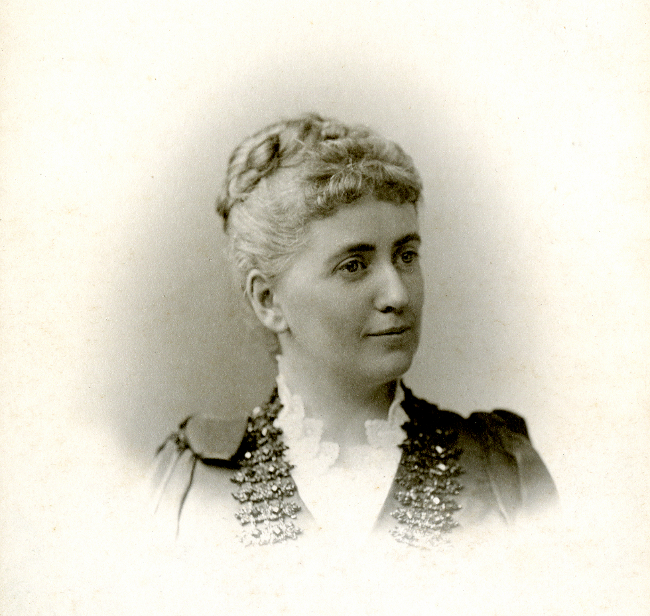Ida C. Craddock
by Leigh Eric Schmidt

Ida C. Craddock (1857-1902) was an American eccentric—by turns, a secular freethinker, a bookish intellectual, a religious visionary, a civil-liberties advocate, and a psychoanalytic case history. Deemed a grave danger to the public morals for her candor about sexuality, she had six of her marriage reform pamphlets suppressed as obscene literature. Her legal problems began when she offered a lively defense of the spiritual value belly dancing, first introduced to American audiences at the World’s Fair in Chicago in 1893. Thereafter she was persona non grata to the great vice-crusader Anthony Comstock, the most powerful censor of the day, who saw such performances as abominations. Arrested and tried repeatedly for her blasphemous obscenity, Craddock had become by the end of her life a celebrated martyr among early free-speech activists. Emma Goldman, no stranger herself to iconic status, would later recall Craddock as “one of the bravest champions of women’s emancipation” in an epoch that had many daring campaigners from Victoria Woodhull to Margaret Sanger.
After her death by her own hand in October 1902, Craddock lived on as mystical madwoman more than lionized liberal, and that reckoning had everything to do with the career trajectory of one of America’s leading civil-liberties lawyers, Theodore Schroeder. He came to know of Craddock’s case through the Free Speech League, an important precursor of the American Civil Liberties Union, but his attraction to her had much more to do with sex (and religion) than with the First Amendment. One of America’s most devoted (if not most subtle) Freudians, Schroeder turned Ida C into his own Anna O. “I am poet of the Body and I am poet of the Soul,” Walt Whitman had proclaimed in Leaves of Grass, “The pleasures of heaven are with me and the pains of hell are with me.” Craddock, as much as anyone of her era, lived amid those doubled pains and pleasures—as yoga priestess, suppressed sexologist, thwarted scholar, ecstatic mystic, and denounced madwoman. Playing Psyche to an angelic lover’s Eros, she channeled a densely erotic and embodied spirituality, but one that remained hemmed in by many of the taboos of the period, including deep fears of masturbation and homosexuality. If far from an unambiguous precursor of today’s spiritualized sex, she nonetheless represented a combustible mix of fascinations in Comstock’s America.